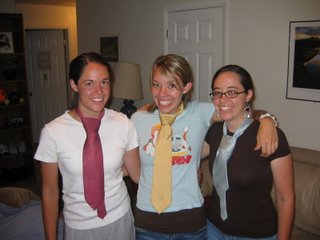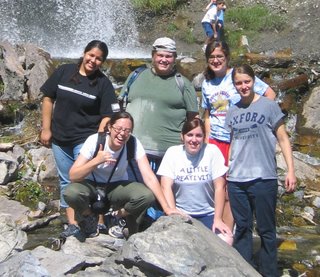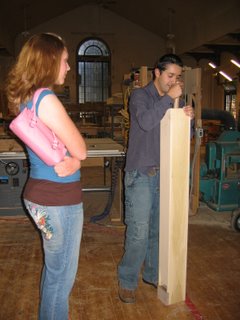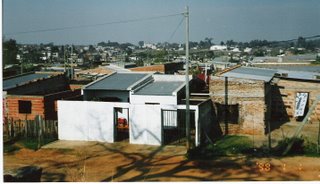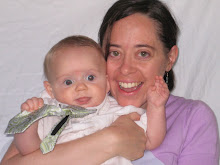Today I went to a football game, and some homeowner's association announced multiple times how it was helping the football team with something or other. I was struck by a thought that has hit me several times: why do we live in such opulence when so many people have nothing? I began to think about how if we were more conservative with our homes more resources could be shoved toward helping those in poverty.
But my idealistic solution is shouting inepitude. I thought more about poverty as I watched my team crush their opponent (BYU 47, SDSU 17). I thought, "Do the 'poor' really need more resources thrown at them?" I remembered a book discussion I had attended a year ago, wherein we chatted about principles in
Bridges Out of Poverty, and I was struck by how those in poverty approach life differently. I read a few chapters from a book today about social entrepreneurship that expressed the idea that since those in poverty were constantly being exposed to the richness of most Americans, they were encouraged to action and success. So, maybe throwing resources towards them isn't the answer. I thought how in my life I have so much choice and opportunity--how could we create the same thing for those in poverty? Meaning, if they want to be a doctor, great. If they want to collect garbage, great. (REALITY: Who really wants to collect garbage? I mean, really. They may do it nobly, but I wonder if someone really does want that job.) So, instead of saying, "Hey, you that are in poverty, you are not as good as us; you should live like us. Let us give you a few resources and see if you can do what we do." It's an entire culture and way-of-thinking shift.
Instead of the resources concern, what about education? Can you change the cultural stigmas and ways of thinking through education? How do you change an entire family, or an entire COMMUNITY? In that case, I think microcredit really is on the right track.
Okay, I just needed to get those ideas and questions out in the open (the "open" being defined as the nebulous mass that is the INTERNET). More later.




